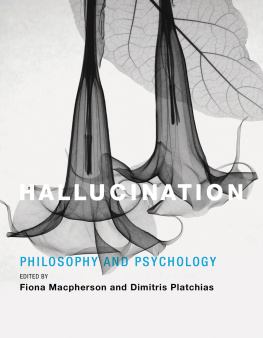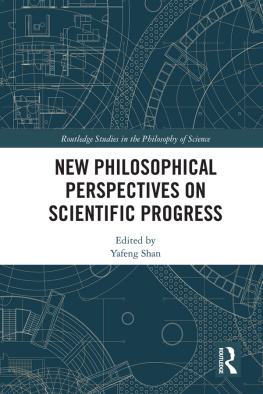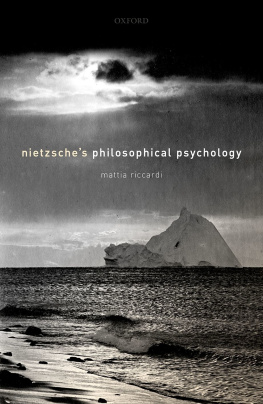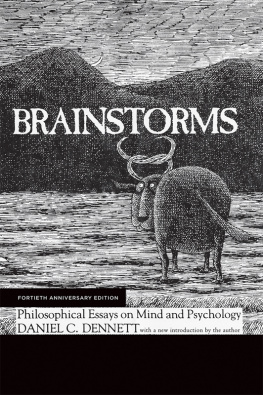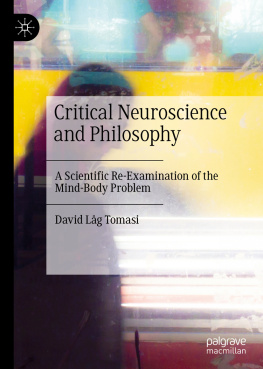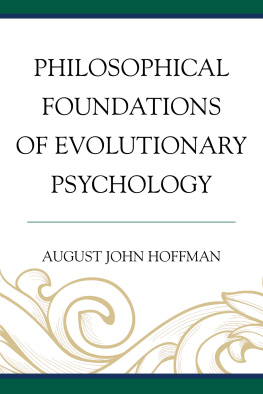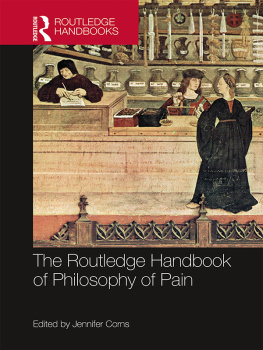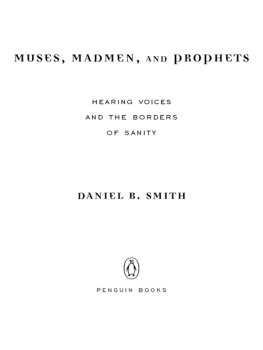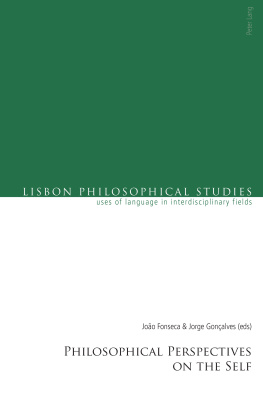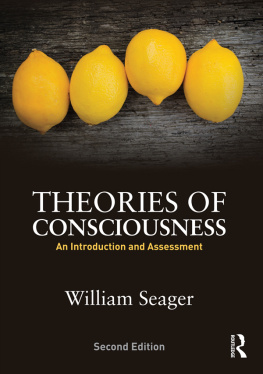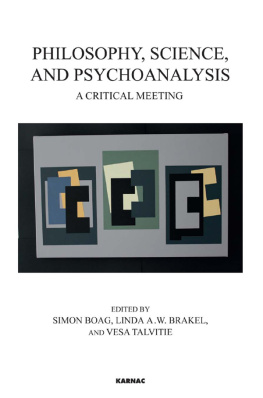Preface
The traditional problem of hallucination in the philosophy of mind, and more particularly in the philosophy of perception and epistemology, has always attracted attention. However, over the last few years, neuroimaging techniques and scientific findings on the nature of hallucination, together with the upsurge of interest in new theories of perception in philosophy, such as representationalism and disjunctivism, have brought the topic of hallucination to the forefront of philosophical thinking. The importance of the phenomenon of hallucination is such that it deserves extensive treatment; it directly affects a wide range of issues in the philosophy of perception and epistemology, including the question of whether we directly see the world, the nature of perception and perceptual experience more generally, the nature of our knowledge of our own mental states, the nature of our knowledge of the external world, and questions about what we can learn about the mind and the nature of hallucination from empirical results in psychology and brain science.
Reflection on the nature of hallucination, therefore, has the potential to transform many traditional debates in philosophy concerning the nature of the mind, perception, and our knowledge of the world. It has the potential to radically alter our approach and answers to traditional philosophical concerns about the mind and epistemology. In addition, it will be of value to scientists who are trying to determine the nature of hallucination in patients undergoing hallucination, and clinical medics who are trying to treat those patients, by clearly articulating and delineating exhaustively different possible conceptions of hallucination. The nature of hallucination is therefore of great philosophical, theoretical, and practical importance. These are the issues that the essays in this book engage with.
The volume comprises key essays on hallucination first presented on Crete in September 2008 at the interdisciplinary conference on hallucination organized by Fiona Macpherson and Dimitris Platchias of the Centre for the Study of Perceptual Experience, Department of Philosophy, University of Glasgow, and Maria Venieri of the Department of Philosophy and Social Studies, University of Crete. It is broadly divided into three parts. contain philosophy papers. The chapters of Part II center on the topic of disjunctivism, and those of Part III on the nature of hallucination and its relation to perceptual experience more generally.
We would like to thank all the contributors for sending us their essays in good time and always responding to our numerous requests. We are grateful to them for producing such an excellent, thought-provoking series of essays. We would also like to thank the Scots Philosophical Club, the Greek Ministry of National Education and Religious Affairs, the Department of Philosophy and Social Studies, and the Graduate Programme in the Brain and Mind Sciences at the University of Crete for supporting the conference that preceded this volume. Finally, we would like to thank the following people for their help and advice in organizing the conference and producing this volume: Tim Crane, Michael Brady, David Bain, and Stuart Crutchfield. We would also like to thank the final-year students of the Department of Philosophy in Crete for helping with organizational matters, welcoming guests, and providing information. Finally, we owe tremendous thanks to Philip Laughlin for his encouragement in producing the book and in bringing it to press.
Fiona Macpherson and Dimitris Platchias
Glasgow, 2011
Contributors
Istvn Aranyosi is Assistant Professor of Philosophy at Bilkent University, Turkey.
Richard P. Bentall is Professor of Clinical Psychology at the University of Manchester, England.
Paul Coates is Professor of Mind and Metaphysics at the University of Hertfordshire, England.
Fabian Dorsch is Research Professor in Philosophy at the University of Fribourg, Switzerland.
Katalin Farkas is a Professor in Philosophy and Provost at the Central European University, Hungary.
Charles Fernyhough is Reader in the Department of Psychology, University of Durham, England, and a novelist.
Dominic H. ffytche is Clinical Senior Lecturer at the Section of Old Age Psychiatry and Centre for Neuroimaging Sciences, Institute of Psychiatry, Kings College London, England.
Benj Hellie is Associate Professor of Philosophy at the University of Toronto, Canada.
Matthew Kennedy was Lecturer in Philosophy at the University of Nottingham, England.
Simon McCarthy-Jones is a Research Fellow at the Macquarie Centre for Cognitive Science, Macquarie University, Sydney, Australia.
Fiona Macpherson is Professor of Philosophy and Director of the Centre for the Study of Perceptual Experience, University of Glasgow, Scotland. She is also codirector of CenSes: Study for the Centre of the Senses at the Institute of Philosophy, School of Advanced Studies, University of London, England.
Ksenija Maravic da Silva works at the University of Primorska, Slovenia, and is affiliated with Oxford Brookes University, England.
Peter Naish was Senior Lecturer in Cognitive Psychology at the Open University, England, until he recently retired. He maintains an affiliation with the Open University as a visiting academic.
Matthew Nudds is Professor of Philosophy at the University of Warwick, England.
Costas Pagondiotis is Lecturer in the Department of Philosophy, University of Patras, Greece.
Ian Phillips is Lecturer in the Department of Philosophy at University College London, England.
Dimitris Platchias is a former fellow of the Centre for the Study of Perceptual Experience, University of Glasgow, Scotland, and now teaching fellow at the Department of Philosophy, University of York, England.
Howard Robinson is University Professor of Philosophy at the Central European University, Hungary.
Susanna Schellenberg is Associate Professor of Philosophy at Rutgers University, United States of America.
Filippo Varese is a PhD student in the School of Psychology, University of Bangor, Wales.
The Philosophy and Psychology of Hallucination: An Introduction
Fiona Macpherson
Few phenomena have played such a vital role in shaping philosophical theories as hallucination, particularly theories in philosophy of mind, perception, and epistemology. When the ordinary man or woman in the street thinks of hallucination, a drug-fueled bizarre perceptual experience is conventionally what springs to mind. The traditional philosophical conception of hallucination encompasses such experience but is broader. The traditional philosophical conception includes perceptual experiences, identical in nature to experiences that could be had while perceiving the world, save only that they are had while not perceiving.
Although the consequences of the existence of hallucination have been much explored and debated, alternatives to the traditional philosophical conception of hallucination have, until recently, received little attention. However, two emerging strands of research have brought to light other conceptions of hallucination. One of these is scientific evidence about people who actually hallucinate. Evidence from psychology, neuroscience, and psychiatry has shed light on the functional role and physiology of actual hallucinations. The second strand is the development of a philosophical theory of perception known as disjunctivism. Some disjunctivist theories have as part of their ontology a radically new and different conception of hallucination.
Once these different conceptions of hallucination are made clear, we can then compare and contrast them. We can ask whether there is or could be any evidence to think that some of them, or all of them, exist or could exist. And we can try to determine whether the traditional debates about the upshot of the existence, or possible existence, of hallucination are transformed by these differing conceptions.
Next page
